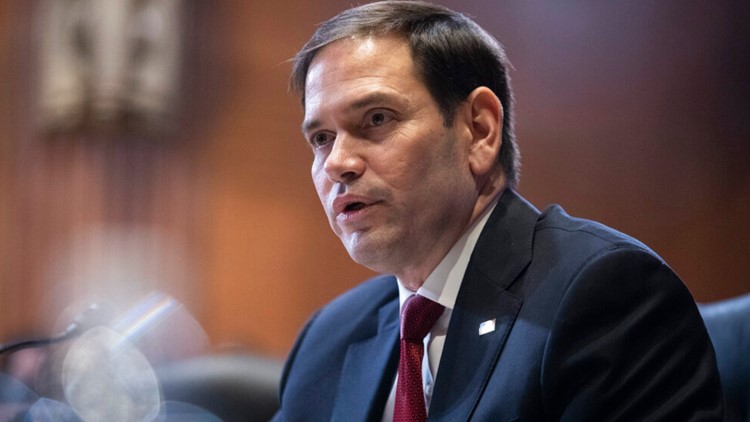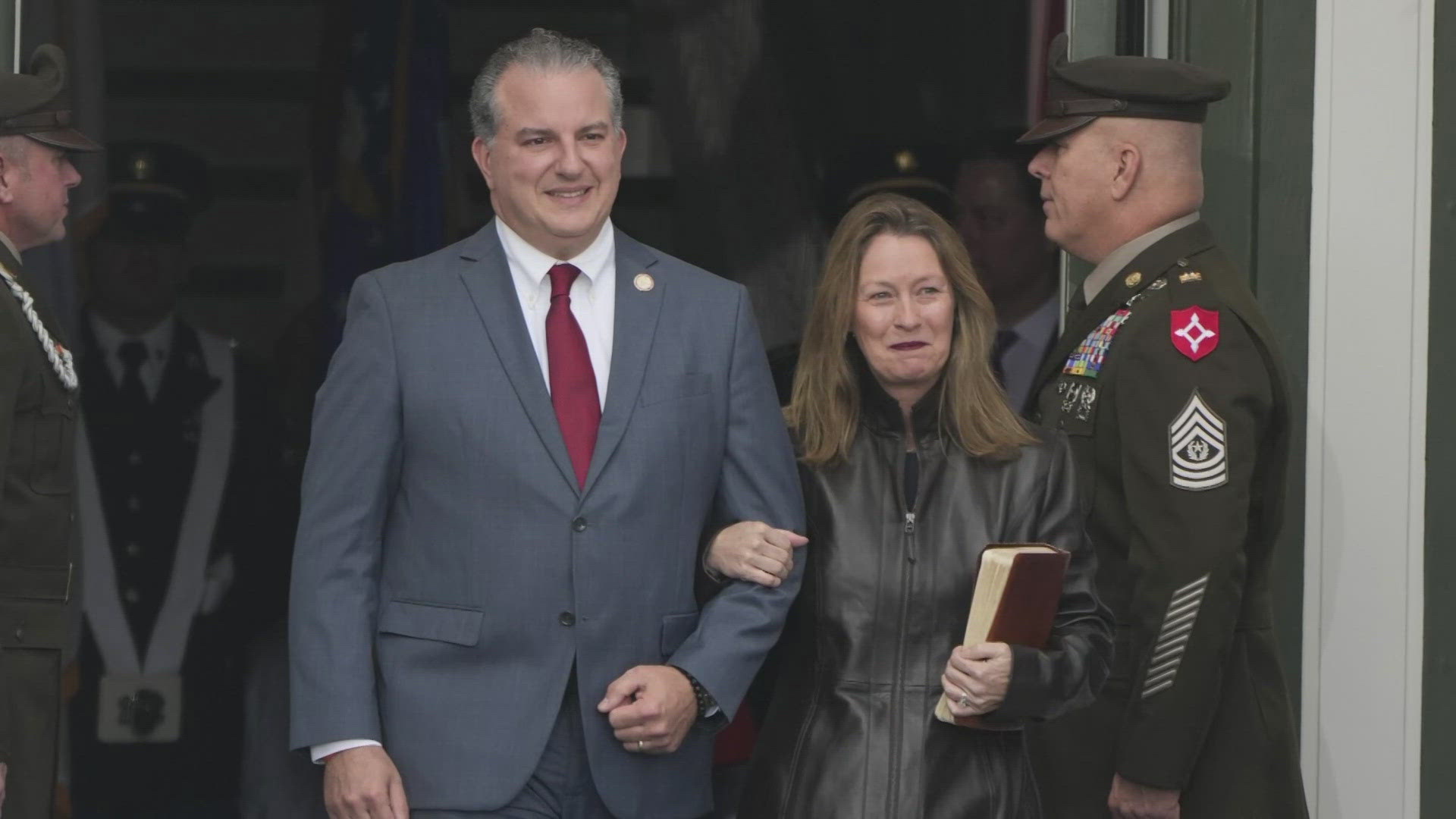WASHINGTON — The Senate is hopeful a bipartisan gun violence bill to curb the nation's cold-blooded mass shootings will pass the House by week's end, however U.S. Sen. Marco Rubio said in a statement he opposes the bill due to its "insufficient constitutional protections for law-abiding citizens," and he isn't alone.
Lawmakers of both parties produced the bipartisan gun violence bill following the killings of 10 Black people in a Buffalo, New York, supermarket and the deaths of 19 fourth graders and two teachers at Robb Elementary School in Uvalde, Texas. The back-to-back mass shootings among other deadly gun battles across the U.S. gave way to public demand for Congress to do something, Republican and Democratic lawmakers said.
The vote on final passage was 65-33.
Rubio (R-FL) released a statement following the initial 65-34 vote on the $13 billion measure stating, while the legislation will include the Luke and Alex School Safety Act, "unfortunately, after careful review, the constitutional protections in the package are inadequate."
He continued, "In fact, they are significantly weaker than my bipartisan effort with Senators Scott, Reed, and King. I promised the people of Florida I would do everything I could to keep our schools and communities safe while protecting their constitutional rights. This bill fails that test."
Back in February 2021, U.S. Sens. Rubio, Rick Scott (R-FL) and Ron Johnson (R-WI) reintroduced the Luke and Alex School Safety Act of 2021 to codify into law the Federal Clearinghouse on School Safety. The act is named after two students, Luke Hoyer and Alex Schachter, who were killed in the 2018 Marjory Stoneman Douglas High School mass shooting in which 17 lives were lost.
The bill ensures that the Federal School Safety Clearinghouse remains a resource schools can access in the future. The clearinghouse informs parents and educators on expert recommendations and best practices that schools can implement to improve school security, according to a press release.
Sen. Scott released a statement on his objections to the bipartisan gun bill due to its "weak language on protecting due process and a provision to automatically restore gun rights to convicted domestic abusers."
"Over the last two weeks, I’ve seen many people compare the bill being considered in the Senate to what we did in Florida," Scott said. "These bills are not the same at all. One was the product of a collaborative, well-defined and transparent process. The other was the result of secret backroom dealings that did not include input from the majority of Republican members, committee hearings, nor opportunities for amendments, giving members barely an hour to read the bill before we were asked to vote on it."
Scott said in Florida, the legislation includes meeting with mental health, education and law enforcement experts to get valuable feedback.
"The bill the Senate is considering abandons Florida’s model and allows even the most radical policies, like California’s red flag law, to be implemented and supported with federal funding," he added.
The bipartisan bill passed in the U.S. Senate would toughen background checks for the youngest gun buyers, keep firearms from more domestic violence offenders and help states implement “red flag” laws that make it easier for authorities to take weapons from people adjudged dangerous. It would also fund local programs for school safety, mental health and violence prevention.
“This is not a cure-all for the all the ways gun violence affects our nation,” Senate Majority Leader Chuck Schumer (D-N.Y.) whose party has made gun restrictions a goal for years said. “But it is a long overdue step in the right direction. It’s significant, it’s going to save lives.”
Final passage of the $13 billion measure was expected by week's end with a House vote to follow, though timing was uncertain.



